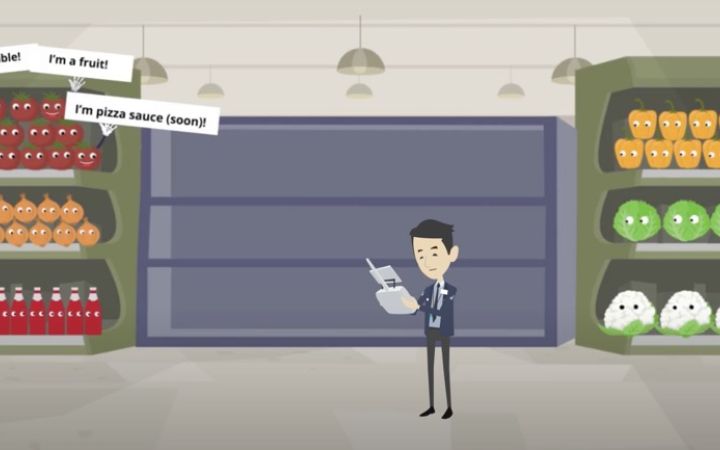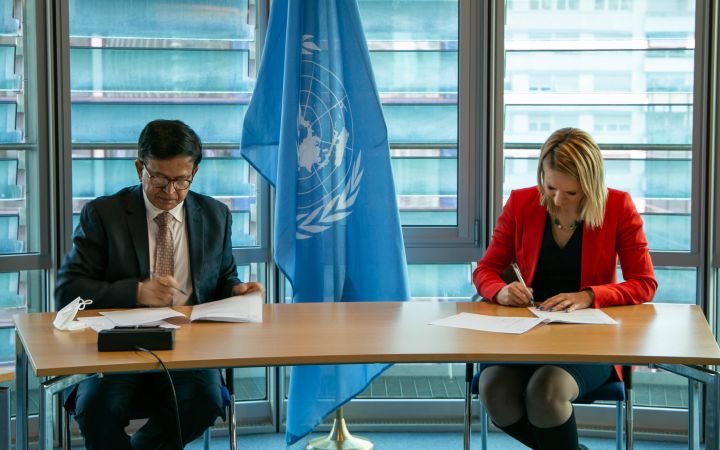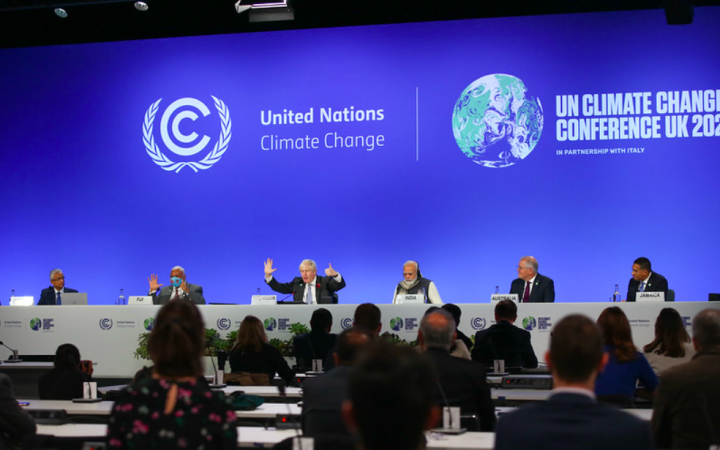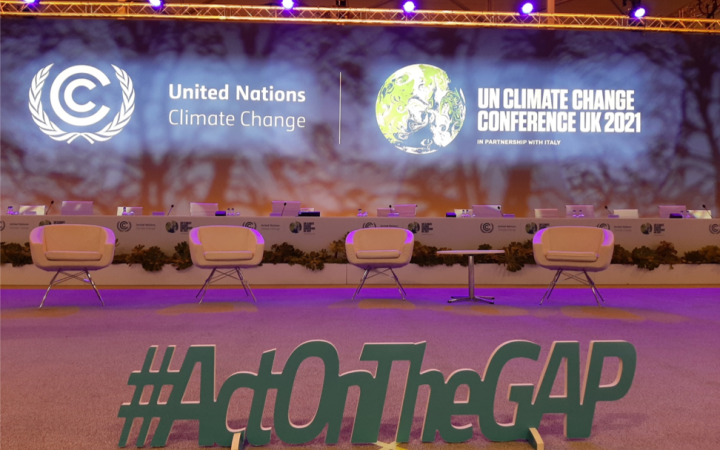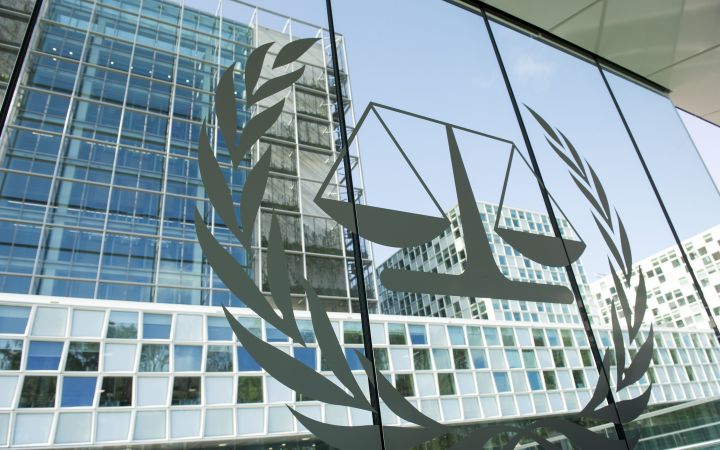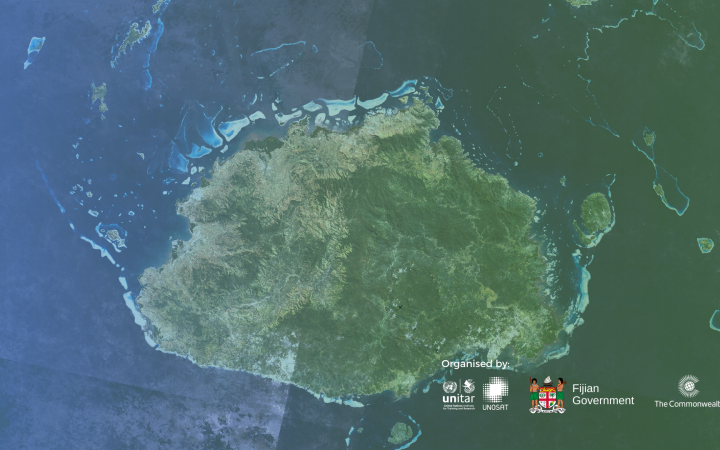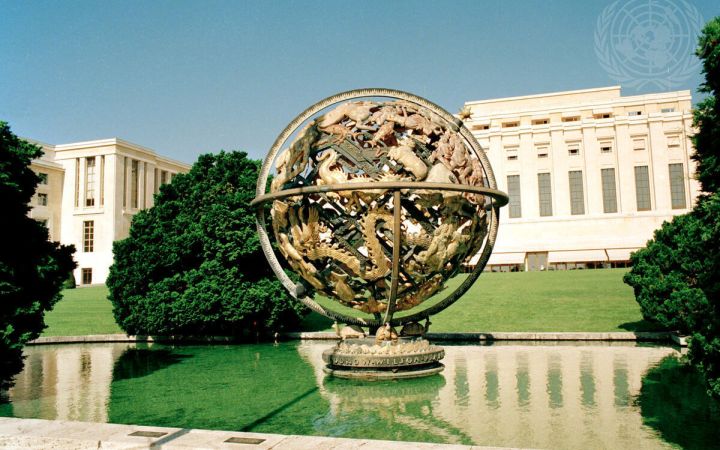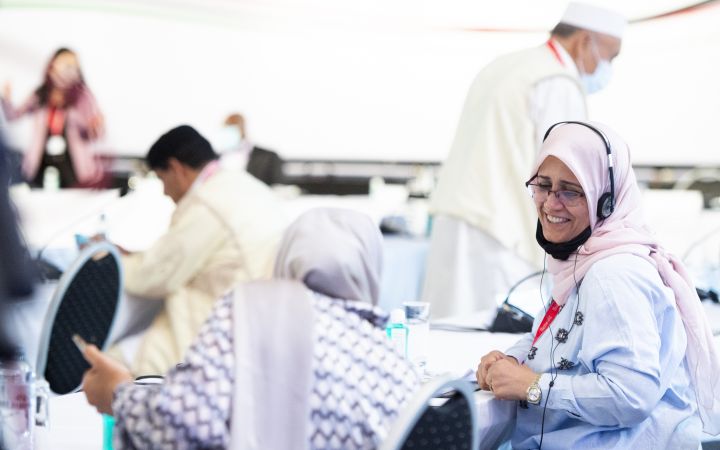Displaying 981 - 990 of 1755
Strategic Implementation of the 2030 Agenda Unit of UNITAR has teamed up with other UN partners to develop a series of microlearning videos to raise awareness about different topics through creative writing and storytelling.
Greenhouse gas emissions directly contribute to global warming and climate change. The technology and fuel used for electricity generation are often responsible for high greenhouse gas emissions. Recently, UNITAR conducted a survey among energy experts in the humanitarian system to estimate the number of diesel and petrol generators that are used to produce electricity in humanitarian operations, with a view to establishing the opportunities to transition to solar solutions.
6 December 2021, Geneva, Switzerland - UNITAR signed a Memorandum of Understanding (MoU) with the European Academy of Diplomacy (EAD) at the UNITAR Headquarters in Geneva, to inaugurate the start of a new collaboration in the field of Multilateral Diplomacy. The MoU signing ceremony marks the beginning of a promising collaboration between the two institutes, which share a common mission of overcoming global challenges through the development and delivery of high-quality learning solutions.
UNITAR and Babson College are excited to announce the first edition of their Executive Certificate in Global Business Leadership, with courses starting February 2022
The intricate links between corruption and climate change need to be established clearly in the public’s mind, and discussed at all levels of governance. The International Anti-Corruption Academy (IACA) and UNITAR organized a virtual panel discussion to address the major issues surrounding corruption and global warming.
Following the conclusion of the Glasgow Climate Change Conference, UNITAR gathered senior experts in climate negotiation processes to discuss the various implications for climate change diplomacy with diplomats from the Swedish Ministry of Foreign Affairs.
International Criminal Law has come a long way since the Nuremberg trials and the entry into force of the Rome statute almost twenty years ago. However, recent years seem to indicate a system in crisis. Join UNITAR and IUSTICOM to discuss the following puzzle: “Is International Criminal Justice in Crisis?”
December 3rd, 2021, Geneva, Switzerland - The ambitious agenda of COP 26 to accelerate action towards and beyond the goals of the Paris agreement may have been a let-down for most people. For the United Nation Satellite Centre (UNOSAT), it was also an opportunity to promote once more the added value of satellite-derived information for improving climate resilience.
The role of international law and multilateral diplomacy is constantly expanding. In this context, the United Nations play a crucial bridging role between various actors of international relations. The UNITAR Online Certificate on International Law and the UN system offers a unique opportunity for participants to expand their knowledge on the field of international law, multilateral diplomacy and the UN system
Women’s equal participation in decision-making is crucial for an effective Covid-19 response and recovery. In 2021, the Multilateral Diplomacy pillar of UNITAR organised five open e-Workshops on Gender, Women’s Leadership and Mentoring in which more than 150 women worldwide participated


